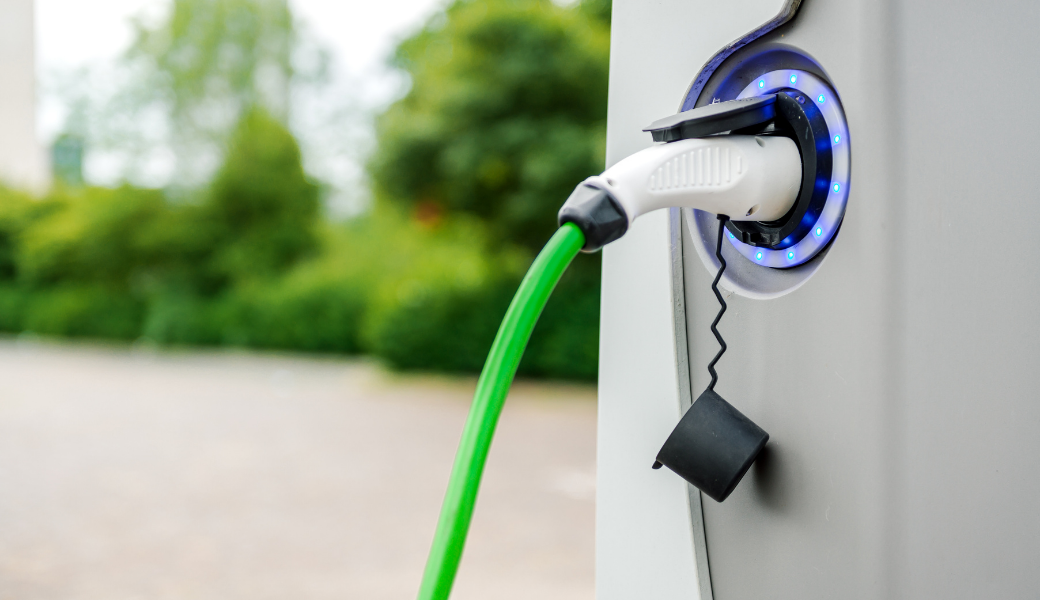EV Legislation Update: Virginia Bill Aims To Bring EV Charging To State And Local Parks

As battery technologies improve and gas prices climb, many state legislatures have placed a focus on electric vehicle (EV) related legislation in the 2022 session. Ranging from HOV lane access to new regulations on EV manufacturing facilities, states are preparing themselves for the growing number of EVs on their roads. One of the most pressing issues related to EVs is charging. Many states are taking a proactive approach, moving to mandate that buildings in urban areas install and maintain vehicle chargers. However, there is one state, Virginia, that is also taking action when it comes to areas that are more traditionally “off the grid.”
Virginia HB 443, introduced in January, aims to address EV charging in some of the least urban areas in the state, Virginia’s state and local parks. Home to campgrounds, lakes, and outdoor recreation areas, Virginia’s parks are found from the Atlantic Coast to the Appalachian Mountains and everywhere in between. For most people, heading to a state park is as simple as a drive down the highway, but for EV owners, traveling to the parks can be a source of “range-anxiety.”
Traditionally, states want their parks to feel secluded and remote, offering a retreat from the bustle of everyday life. However, this often manifests in a lack of services like plumbing and electricity. In some cases, these areas are quite remote, and the installation of these services is extremely difficult. With the increasing popularity of electric vehicles, a new challenge presented itself. Park-goers need to be able to get to the park, but also to get back out.
HB 443 authorizes Virginia’s state park authorities to “locate, operate, regulate the use of, and install signage relating to electric vehicle (EV) charging stations on property under its jurisdiction.” In addition, the bill adds park authorities to a list of groups who can operate EV chargers outside of the traditional definition of “selling electricity,” avoiding the issues that could arise from acting as a utility. The bill aims to spur park authorities to invest in EV charging infrastructure to ensure that everyone, including EV owners, can enjoy Virginia’s parks. While there are no guarantees that this will immediately get park authorities to install EV chargers, it is an important nod to the need for charging infrastructure in outdoor recreation areas.
Of course, HB 443 is one of the first park-specific EV charging bills in the country and sets an interesting precedent for other states to follow. With more EVs coming to market that are “tow-capable,” the need for EV charging at places like RV parks and campgrounds is only set to grow. The RV Industry Association State Affairs team is continuing to monitor the legislative landscape for trends in the EV space.
Please Sign in to View
Log in to view member-only content.
If you believe you are receiving this message in error contact us at memberservices@rvia.org.
